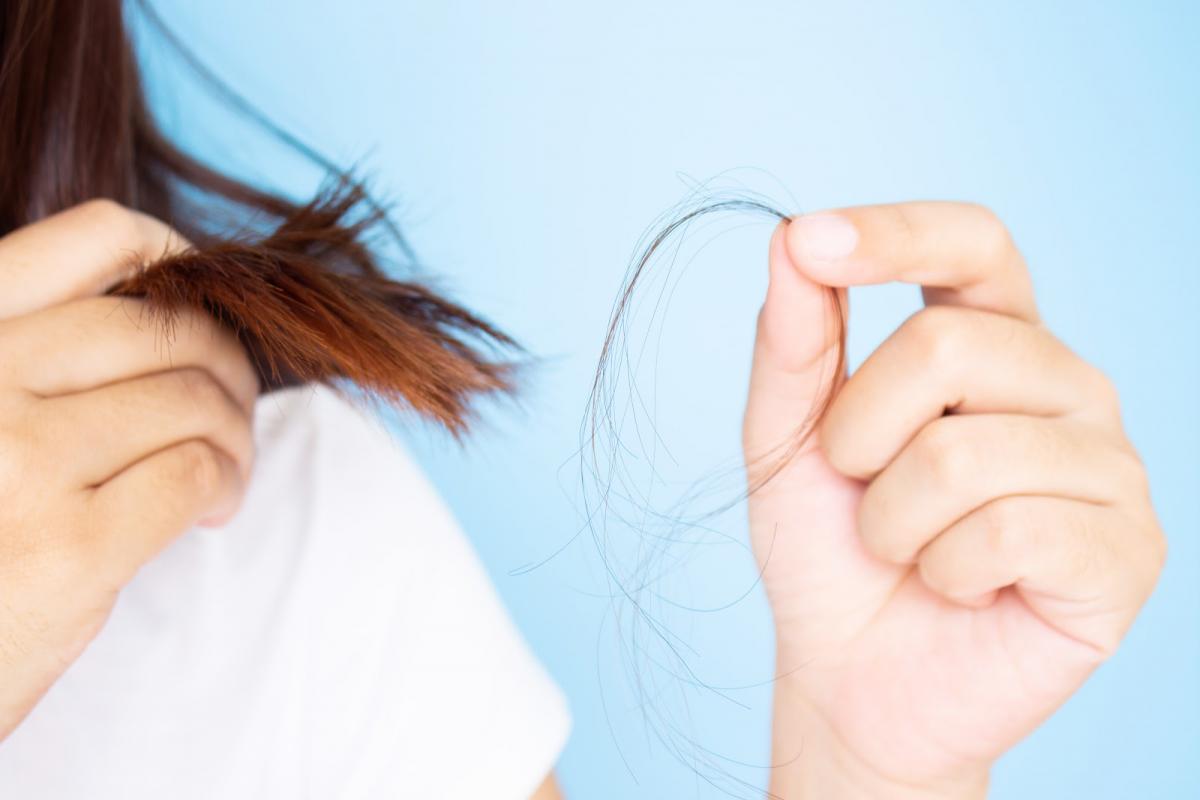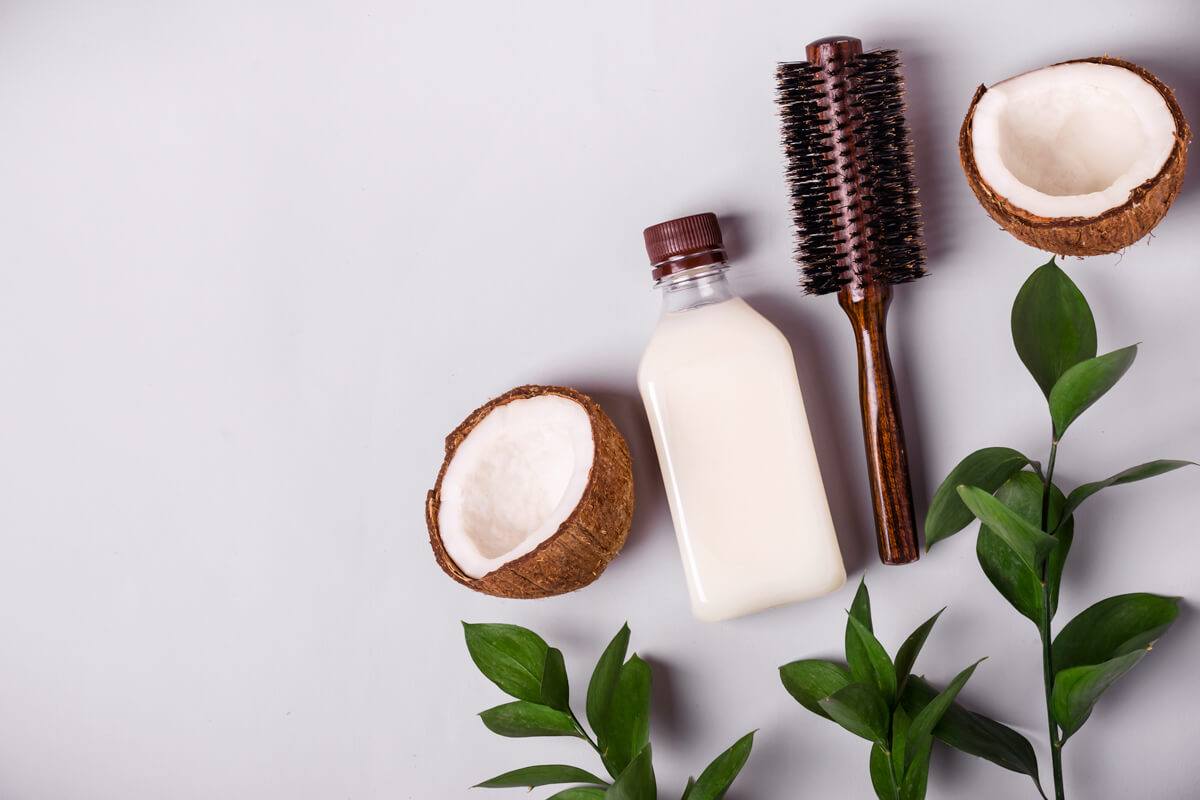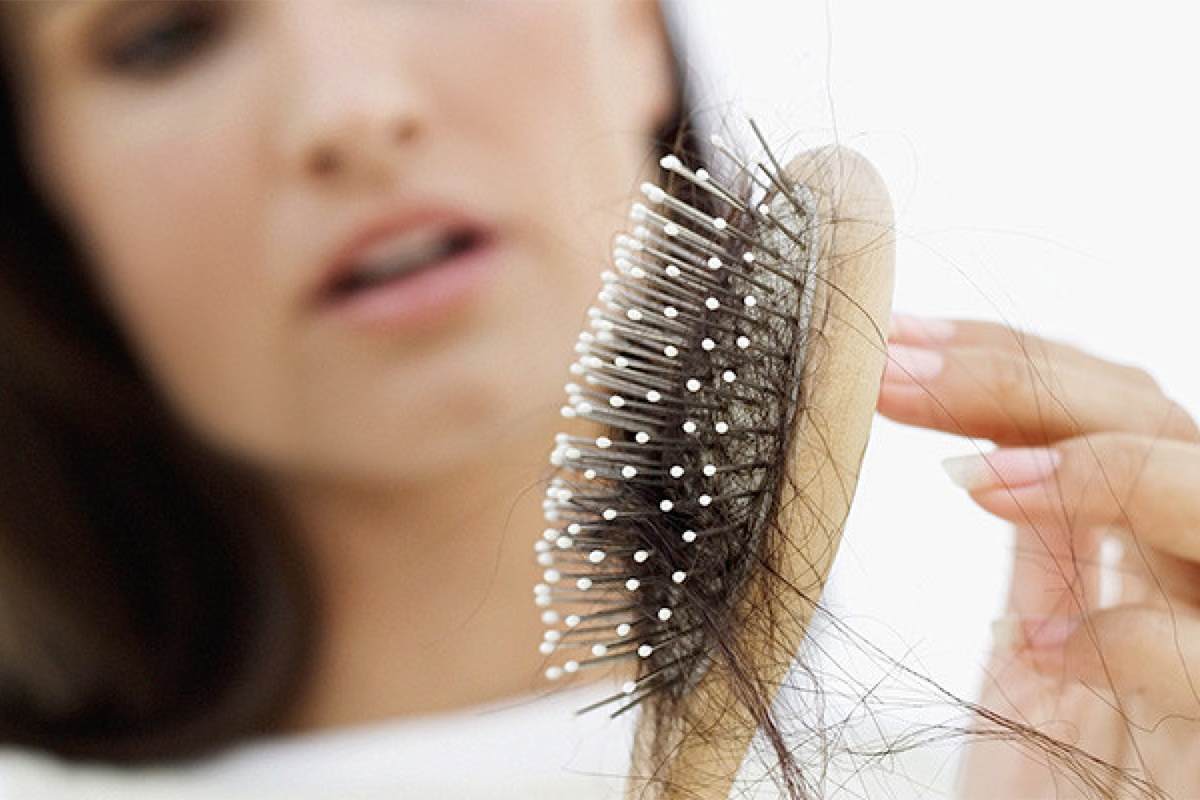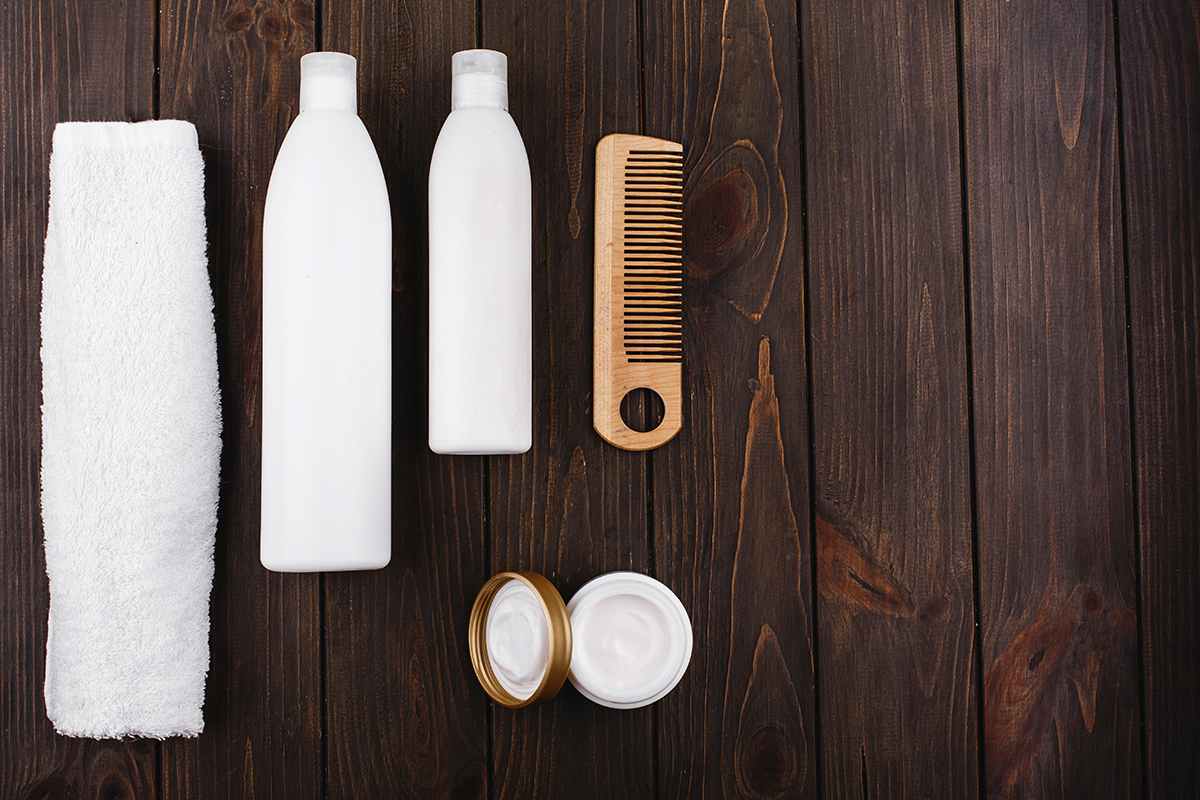You've changed your nutrition and shampoo, reduced and avoid the stress in your life, and given up pulling your hair back into tight styles. And despite this, you see that your hair loss is coming out at the same pace as before, and you have no clue what may be causing it it may happen because of your shampoo ingredients. It's possible that the cause of your hair loss is standing there in front of you, but it's so subtle that you don't even see the shampoo and conditioner that are now residing in your shower.  In this piece, we will discuss the six chemicals in your shampoo and conditioner that can cause you to lose your hair. These chemicals are listed in alphabetical order.
In this piece, we will discuss the six chemicals in your shampoo and conditioner that can cause you to lose your hair. These chemicals are listed in alphabetical order.
- Laureth Sulfate and Sodium Lauryl Sulfate (also known as SLS)
When you shampoo your hair, you probably anticipate that the shampoo will build a dense, foamy lather for you to work through your hair. But you should know that the chemicals that contribute to the production of that lather can be the reason you're losing your hair. Chemicals like Sodium Lauryl Sulfate (SLS) and Laureth Sulfate are examples of foaming agents that are often found in shampoos sold at mass retail outlets. Also known as sulfates, these compounds serve as surfactants to lower the surface tension between the shampoo and your hair. Because of this, the active components in your shampoo will be able to remove the oil, grime, and dead skin from your scalp more thoroughly. Sulfates are perfectly safe to use and make shampoo more efficient at cleansing when just a tiny quantity is added. However, shampoos with a high concentration of SLS and Laureth Sulfate have the potential to strip your hair of its natural proteins and lipids to an excessive degree. Since protein accounts for 91% of the composition of hair, any injury or loss of protein will result in hair that is more fragile. When an inch was submerged in a sulfate solution, researchers discovered that it lost twice as much protein as when it was submerged in water. The findings of this study were published in the peer-reviewed scientific journal Colloids and Surfaces. The removal of protein from your hair causes it to become weaker and may increase the number of split ends and hair breaking.  Although Sodium Lauryl Sulfate and Laureth Sulfate are not directly linked to hair loss, using a shampoo that contains high amounts of these sulfates can not only cause damage to the proteins in your hair, which increases the likelihood that your hair will break, but it can also irritate your skin, which can cause you to lose even more hair. Do not use the shampoo if it has a high concentration of these sulfates.
Although Sodium Lauryl Sulfate and Laureth Sulfate are not directly linked to hair loss, using a shampoo that contains high amounts of these sulfates can not only cause damage to the proteins in your hair, which increases the likelihood that your hair will break, but it can also irritate your skin, which can cause you to lose even more hair. Do not use the shampoo if it has a high concentration of these sulfates.
- Sodium Chloride
It's possible that you have a hazy recollection of sodium chloride from some long-ago science class; nevertheless, were you aware that sodium chloride, more commonly known as table salt, is found in shampoos that are sold in mass markets? In order to get a thicker consistency in products such as shampoos and conditioners, sodium chloride is often combined with other chemicals like Sodium Lauryl Sulfate (SLS). Even though sodium chloride does not directly cause hair loss, the usage of hair products that contain high amounts of sodium chloride may cause your scalp to become dry and itchy, both of which can result in hair loss.
- Parabens
It's possible that the thought has never occurred to you before, but now that you're thinking about the shampoo and conditioner bottles that are currently stored in your bathroom, you may be wondering whether they ever really do go wrong. Shampoos have a shelf life of between 12 and 24 months after they have been opened because they include preservatives such as formaldehyde and parabens (propylparaben and methylparaben). However, there is a drawback to shampoos having a longer shelf life, and that is that the parabens I stated might be indirectly causing you to lose hair.  According to the findings of a study published in the Journal of Applied Toxicology, parabens can trigger allergic contact dermatitis and exacerbate preexisting skin conditions such as irritation, itchiness, and flaking, any or all of which can result in a loss of hair. The International Journal of Molecular Sciences released research that found evidence that parabens may disrupt hormones, which can lead to hair loss, irregular periods, and even miscarriage. This is because hair loss is one of the symptoms of hormonal imbalances.
According to the findings of a study published in the Journal of Applied Toxicology, parabens can trigger allergic contact dermatitis and exacerbate preexisting skin conditions such as irritation, itchiness, and flaking, any or all of which can result in a loss of hair. The International Journal of Molecular Sciences released research that found evidence that parabens may disrupt hormones, which can lead to hair loss, irregular periods, and even miscarriage. This is because hair loss is one of the symptoms of hormonal imbalances.
- Diethanolamine (also known as DEA), as well as Triethanolamine (TEA)
Foaming agents and emulsifiers like sulfates are synthetic chemicals like diethanolamine (DEA) and triethanolamine (TEA). They help lower the surface tension between oil-soluble and water-soluble ingredients, enabling the two types of components to blend together more effectively. Even while DEA and TEA do not directly cause hair loss, they are capable of causing damage to the natural keratin in your hair and irritating your scalp, both of which may result in hair loss.
- Alcohol
The majority of hair products sold in mass markets, if not all of them, will have some level of alcohol included in their composition. However, not all drinks are created alike, and not all alcohols are necessarily horrible for your hair. The use of fatty alcohols like cetyl, Cetearyl, and stearyl on your hair may help it retain moisture and feel softer. Propanol and isopropyl alcohol are two types of alcohol that you should steer clear of finding in hair care products since they have the potential to dry up your hair and make it more brittle.  Because chemicals are listed in order of the greatest concentration found in the product, you should steer clear of any hair products that include any of these alcohols in the product's first few stated ingredients.
Because chemicals are listed in order of the greatest concentration found in the product, you should steer clear of any hair products that include any of these alcohols in the product's first few stated ingredients.
- Propylene Glycol (PEG).
Polyoxyethylene (or simply "polyethylene") is another name for propylene glycol. It functions as a thickening ingredient in shampoos and conditioners in a manner that is analogous to sodium chloride. Propylene glycol can not cause hair loss directly; nonetheless, it has the ability to deplete the moisture from your hair, making it dry, brittle, and more susceptible to breaking. It is recommended that you see a medical professional if you are seeing a significant decrease in the amount of hair on your head. On our platform here at Zoey, the physicians have the expertise necessary to assist in determining the underlying reason for your hair loss so that you may begin treatment. They will be able to provide you with sound advice on the most appropriate therapy for you, as well as write you a prescription for the proper medicine in the event you need it.
